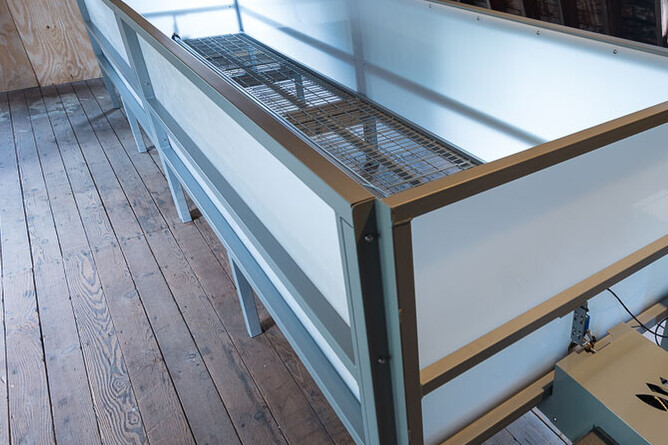Continuous flowthrough reactors (CFTRs) are a type of vermicomposting system that offer several advantages over other types of vermicomposting, including windrows. CFTRs use a continuous flow of organic matter and are designed to promote efficient worm activity and composting.
Pros of Using Continuous Flowthrough Reactors for Vermiculture in Temperate Climates:
Increased Efficiency: CFTRs promote efficient worm activity by allowing for continuous feeding and composting, which reduces the need for manual turning and makes the composting process more efficient.
Temperature Control: CFTRs have better temperature control than windrows, which is important for worm activity and compost quality. CFTRs typically have insulation or other temperature controls, which helps maintain a consistent temperature throughout the system.
Space Efficient: CFTRs are space-efficient and can be used in a variety of settings, including small-scale and commercial composting operations.
Cons of Using Continuous Flowthrough Reactors for Vermiculture in Temperate Climates:
Cost: CFTRs can be more expensive than other types of vermicomposting systems, such as windrows. They typically require more infrastructure and equipment, including insulation, pumps, and aeration systems.
Complexity: CFTRs can be more complex than other types of vermicomposting systems, which can be a challenge for beginners. Proper design and management are critical to achieving efficient worm activity and high-quality compost.
Maintenance: CFTRs require regular maintenance and cleaning to prevent clogs and maintain proper airflow. This can be time-consuming and may require specialized equipment.
Why we chose Continuous Flowthrough Reactors for our Operation
Here in Cambridge, New Zealand, we chose CFTRs as the preferred method of vermicomposting due to the following reasons:
Space Constraints: CFTRs are space-efficient and can be used in small areas, making them a good option for the Cambridge area, and it allows us to maximise the use of space as we grow.
Efficient Worm Activity: CFTRs promote efficient worm activity, which is important for producing high-quality compost. Efficient worm activity is especially important in temperate climates like Cambridge, where the temperature can fluctuate and impact worm activity, especially in Summer and Winter.
Compost Quality: CFTRs allow for better temperature control, which can help produce higher quality compost. This is important for farmers and gardeners in the area who rely on nutrient-rich soil for their crops.
While we grow our CFTR farm count, overflow feed stock will be released to windrow, offering us the ability to burst or overflow to a secondary method to ensure we can service the Waikato region as we grow.
Summary
In conclusion, Little Buddies chose continuous flowthrough reactors as the preferred method of vermicomposting in Cambridge, New Zealand due to their space efficiency, efficient worm activity, and ability to rapidly produce high-quality compost. While CFTRs can be more expensive and complex than other types of vermicomposting systems, we believe the (worm) juice is worth the squeeze.
By properly designing and managing CFTRs, businesses in the area can successfully partner with us to produce high-quality vermicast and compost and to reduce their waste footprint in a sustainable and regenerative way.



